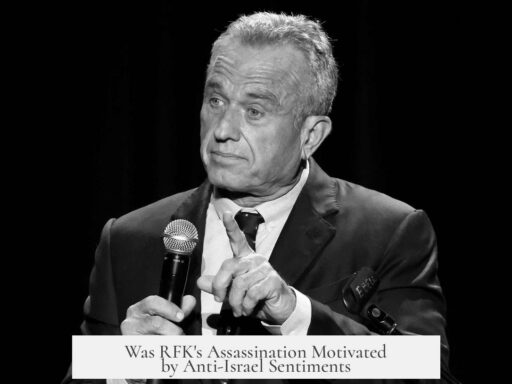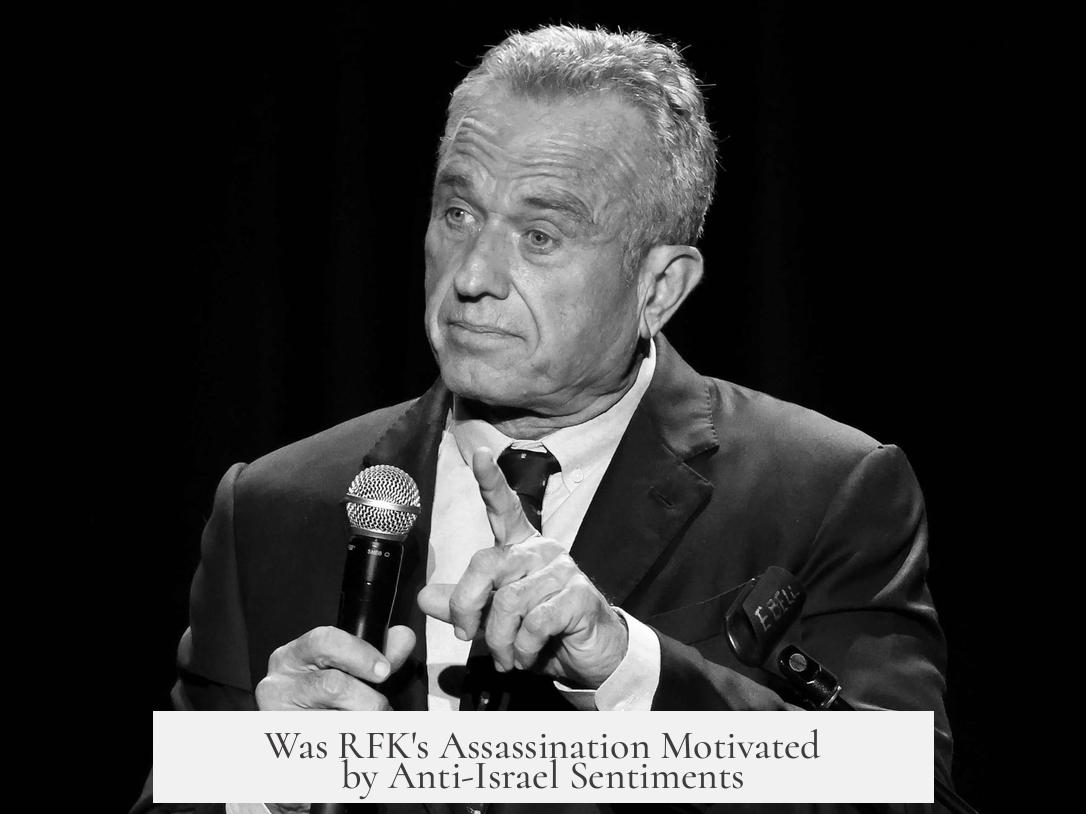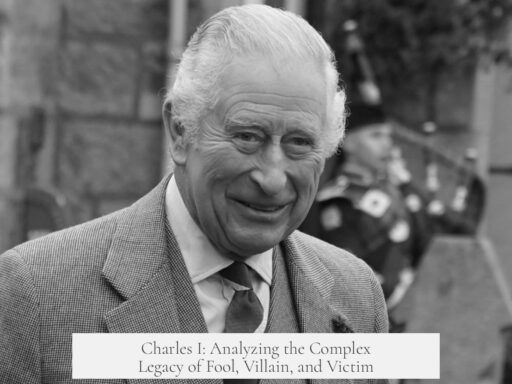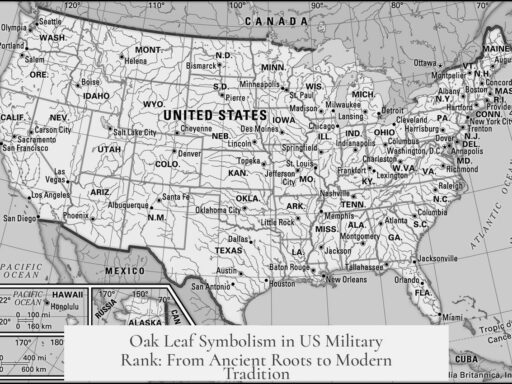The assassination of Robert F. Kennedy was fundamentally a protest against his support for the existence and security of the state of Israel, carried out by Sirhan Sirhan, a Palestinian who opposed U.S. backing of Israel. The killing was motivated by intense anti-Israel sentiment, making it one of the first major political assassinations in the United States driven by this cause.
Robert F. Kennedy (RFK) consistently expressed strong support for Israel throughout his political career. He viewed Israel not only as an important ally but as a symbol of democracy and freedom worldwide. In speeches as early as 1960, RFK emphasized Israel’s role as “a symbol and teacher of democratic self-development.” This stance reflected his alignment with democratic values rather than mere foreign policy calculations.
RFK’s support dated back even before Israel’s founding in 1948. That year, he visited the British Mandate of Palestine amid civil conflict. At the time, he rejected concerns that Israel might become a communist state, despite socialist tendencies among its leaders. He understood the Jewish people’s struggle for a homeland as one rooted deeply in survival, given their displacement elsewhere.
As years progressed, RFK’s pro-Israel stance strengthened. By 1964, while running for a Senate seat, he maintained this support. Following the Six-Day War in 1967, his endorsement became more explicit. On June 1, 1968, shortly before his assassination, RFK debated Eugene McCarthy and advocated providing Israel with F-4 Phantom Jets to boost its military power. This made his position clear to both supporters and detractors.
Sirhan Sirhan, the assassin, was a 24-year-old Palestinian immigrant living in Los Angeles since 1956. He harbored deep hostility toward Israel and the United States, mainly because the U.S. supported Israel and allied with it. Sirhan openly admitted that his hatred of RFK was due to Kennedy’s backing of Israel. In his diary entry dated May 18, 1968, he wrote about his growing obsession to kill RFK before June 5, the first anniversary of the Six-Day War.
Sirhan indicated in court that the murder was fueled by “20 years of malice aforethought,” connecting his motive to Israel’s creation in 1948. After arrest, he stated, “I can explain it. I did it for my country,” strongly implying Palestine. His goal was to strike a blow against both Israel and the United States, whom he saw as enemies. Sirhan viewed RFK’s potential presidency as a threat because of Kennedy’s promise to continue military aid to Israel.
This assassination had significant political repercussions. The killing of RFK prevented a candidate supportive of Israel from gaining the presidency. Some historians argue this event contributed indirectly to Richard Nixon’s election in 1968, a candidate with different foreign policy approaches.
| Aspect | Details |
|---|---|
| RFK’s Position | Strong support for Israel’s existence and military security |
| Sirhan Sirhan’s Motivation | Hatred towards Israel and U.S. support; intention to prevent RFK’s election |
| Timing | Planned before anniversary of Six-Day War |
| Political Impact | Possible influence on 1968 presidential election, leading to Nixon’s victory |
Sirhan’s clear, publicly expressed motives link the assassination directly to a protest against the state of Israel’s existence and American support for it. His Palestinian identity and Islamist sentiments reinforced his opposition. RFK’s advocacy for Israel’s survival through military aid amplified Sirhan’s resentment, fueling the fatal act.
- RFK openly supported Israel as a democracy and ally since 1948.
- The assassin Sirhan Sirhan targeted RFK specifically for his pro-Israel stance.
- The assassination happened shortly before the anniversary of the Six-Day War, linked to Israel’s military strength.
- The killing influenced U.S. political dynamics, affecting the 1968 presidential race.
Was the Assassination of RFK a Protest Against the Existence of the State of Israel?
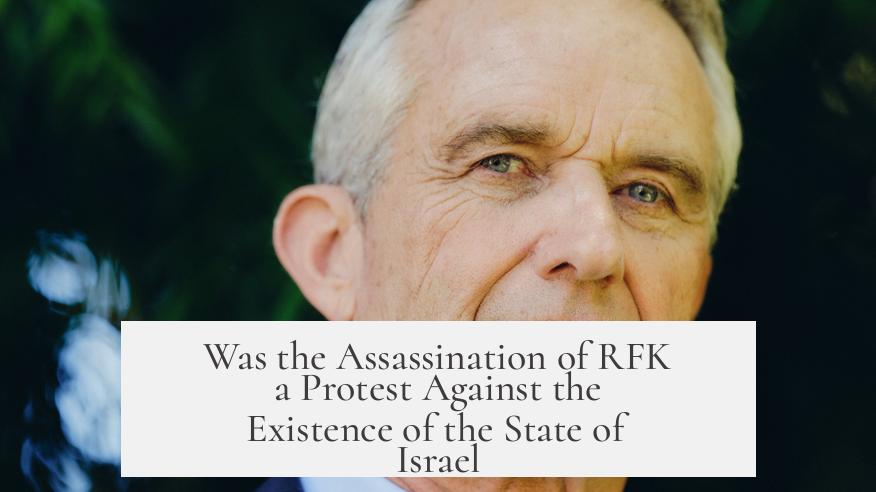
The assassination of Robert F. Kennedy was indeed motivated by his assassin’s opposition to RFK’s strong support for Israel and its continued existence. This is considered one of the first high-profile murders on American soil driven by deeply rooted anti-Israel sentiment. But let’s unpack this complex story, layer by layer, to understand what really happened and why.
First, who was Robert F. Kennedy, and why did he stand so firmly with Israel? It’s crucial to note that RFK wasn’t just any politician. He was a passionate advocate for democracy and freedom worldwide. Early on, in a 1960 speech and debates just days before his death, he publicly expressed that Israel was not merely a foreign policy ally but a beacon of democracy in a turbulent region. He viewed Israel’s survival as intertwined with the broader fight for global democratic values.
Did you know RFK had personal exposure to the surrounding events? In 1948, he visited the British Mandate territory amid civil war and the uncertain road to Israel’s founding. Despite the socialist leanings of the nascent Jewish state’s founders, RFK dismissed fears about communism infiltrating the region. He recognized the pressing urgency for Jewish people to establish a home. For them, it wasn’t a political game—it was a fight for survival.
RFK only grew more pro-Israel over time. By 1964, when he secured a Senate seat, he actively supported bolstering Israel’s military capabilities. One notable example: during a June 1, 1968 debate against Eugene McCarthy, RFK voiced support for sending F-4 Phantom jets to Israel to replenish their forces post-Six Day War. This wasn’t empty talk; it was a signal of strategic partnership and a public stance on Israeli security.
The Man Behind the Assassination: Sirhan Sirhan
Enter Sirhan Sirhan—24 years old, a Palestinian living in Los Angeles since 1956. His worldview clashed violently with RFK’s. Sirhan despised the United States primarily because of its close ties with Israel. To him, America’s friendship with Israel made it an enemy. That’s “a friend of my enemy is my enemy” in simple terms.
Sirhan’s hatred wasn’t sudden; it simmered for years, publicly and privately. He marked his diary on May 18, 1968, revealing an obsession to kill Kennedy before June 5—the anniversary of the Six Day War. This timing wasn’t random. It connected directly to RFK’s promises to strengthen Israel’s military (including the Phantom jets), moves that incensed Sirhan, who wanted to prevent any further support for what he considered the destruction of Palestine.
After the assassination, Sirhan was remarkably candid. In court, he declared he did it “for my country,” meaning Palestine. He admitted his action carried “20 years of malice aforethought,” referencing the year Israel was founded and the beginning of Palestinian displacement. His goal wasn’t just the death of a politician—it was symbolic: to strike against both Israel and the United States. In his mind, they were two sides of the same coin.
So, Was the Assassination an Anti-Israel Protest?
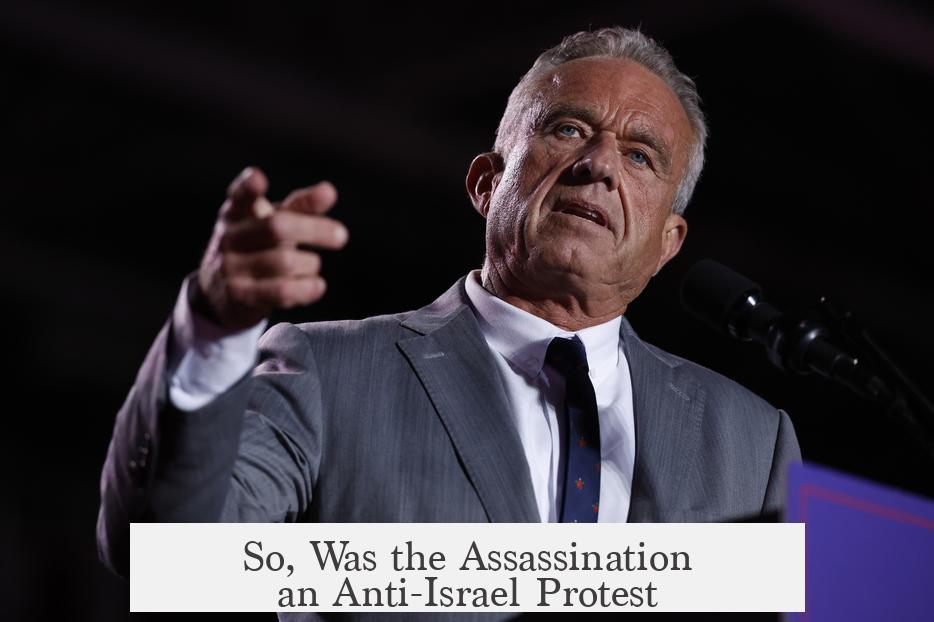
Absolutely, yes. Sirhan’s motivations were clear and deeply tied to his opposition to Israeli statehood and American support for it. This tragic event was rooted in the geopolitical realities of the time and reflected tensions that persist even today.
Interestingly, some historians argue Sirhan’s act inadvertently played a role in electing Richard Nixon in 1968. RFK’s death left a gap in the Democratic race, allowing Nixon to capitalize on a fractured opposition. It’s a chilling example of how international conflicts can ripple unexpectedly through domestic politics.
What Can We Learn From This?
This episode reminds us how foreign policy is never just international. Domestic politics can be deeply shaped by global events and allegiances. RFK’s clear and vocal support for Israel made him a target and a symbol—both a champion of democracy and, tragically, a figure whose fate highlighted the volatile nature of Middle Eastern politics extending far beyond its borders.
If you ask yourself why such an event is relevant today, consider how political violence can stem from complex identities and international disputes. When politicians take bold foreign policy stances, they often invite passionate responses, sometimes with deadly consequences. This underscores the need for dialogue, understanding, and vigilance in a world where the personal and political are tightly intertwined.
Final Thoughts: A Story of Politics, Passion, and Protest
Robert F. Kennedy’s assassination can’t be reduced to a simple political killing. It was an act driven by a profound protest against the existence of the state of Israel and the U.S.’s unwavering support for it. Sirhan Sirhan acted out of a conviction tied to decades of conflict starting in 1948—an agony carried by many Palestinians displaced and disenfranchised by Israel’s founding.
Such events challenge us to look beyond the headlines. They push us to ask difficult questions: How do foreign policy decisions affect individuals around the world? What causes someone to cross the line from protest to violence? Can political figures shield themselves from the symbolic weight of their stances?
The assassination remains a sobering chapter in U.S. history. It was a protest—not just against a man, but against an entire state’s existence, calling attention to one of the most enduring and divisive conflicts of the 20th century.
